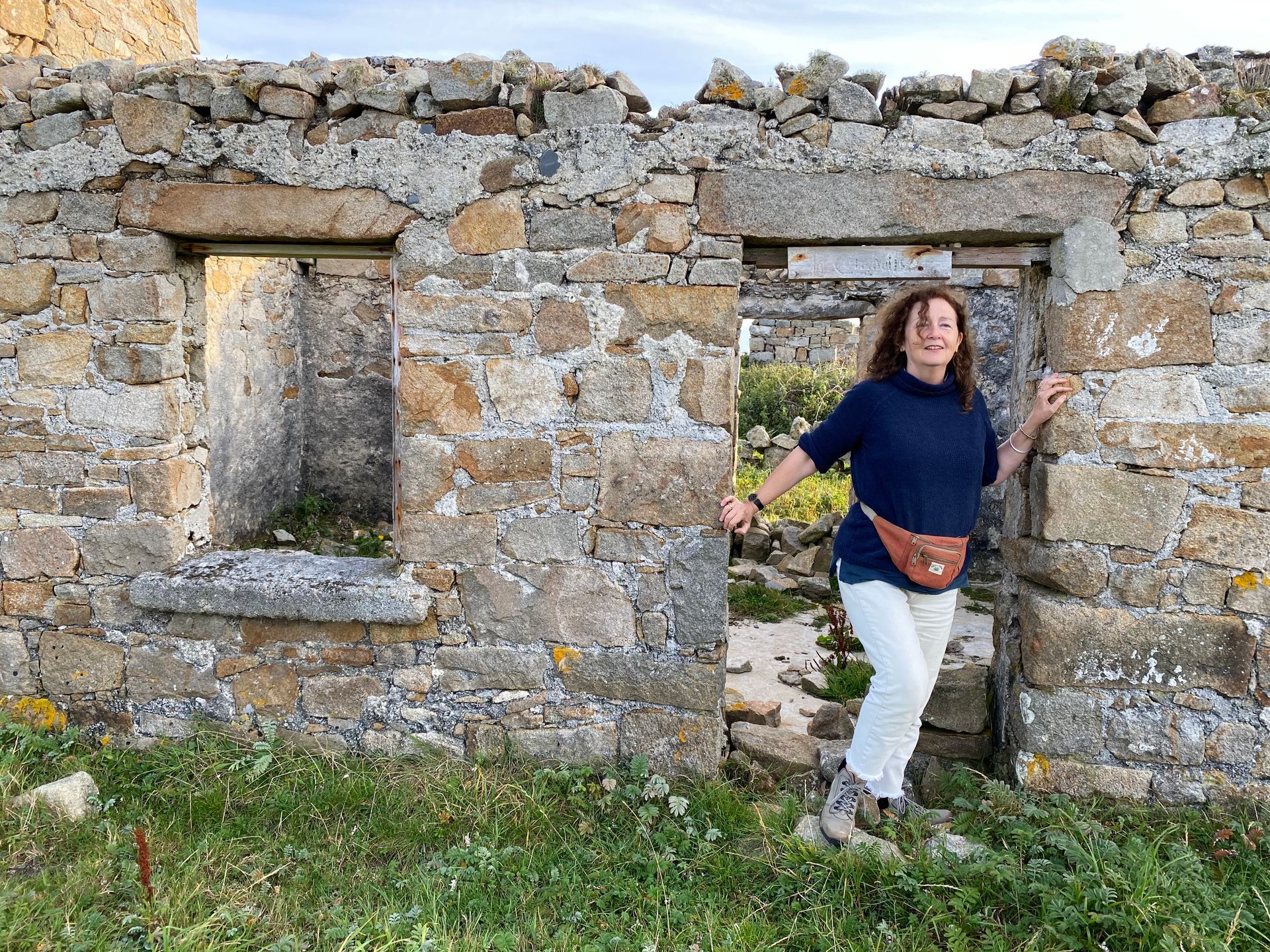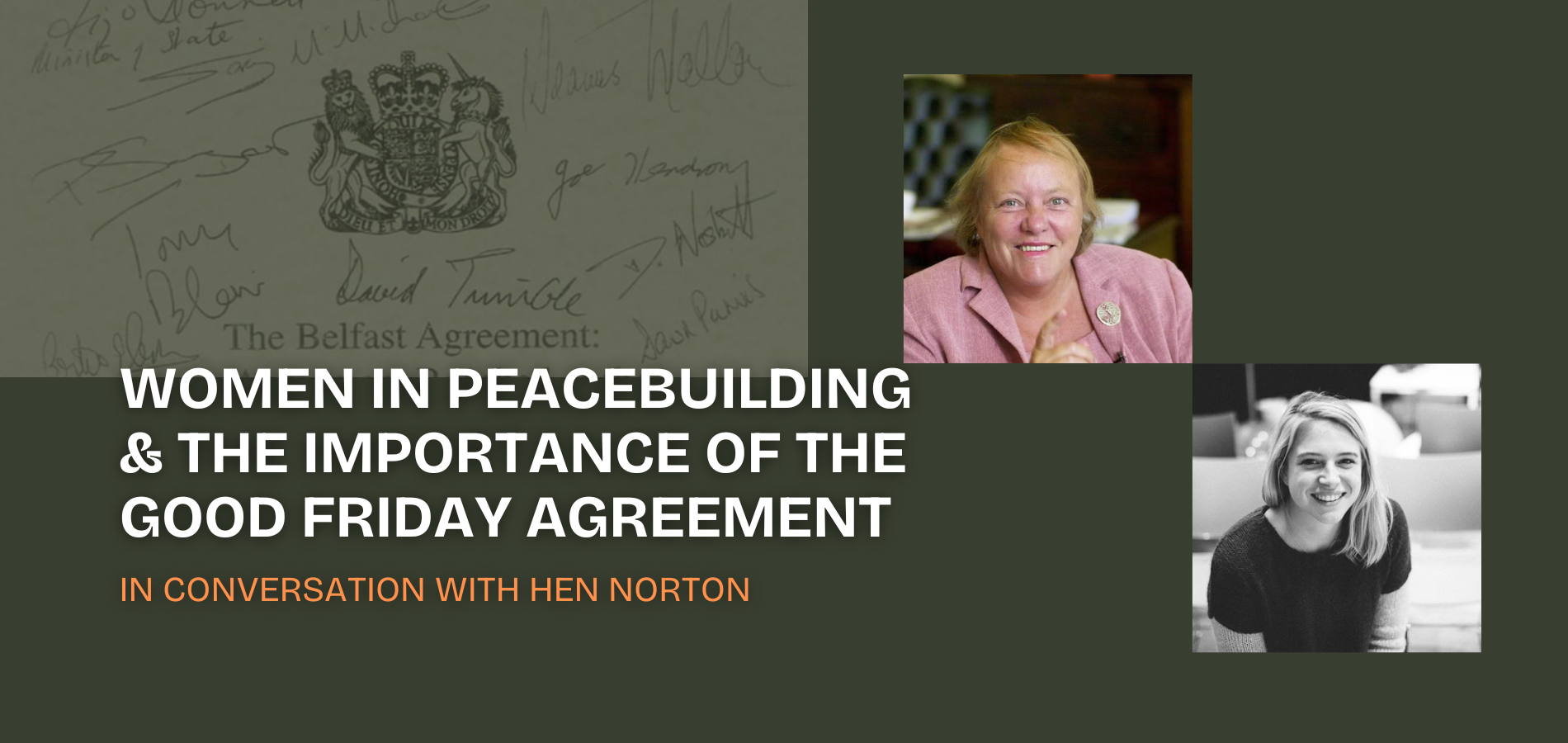Leo Varadkar's unexpected resignation as Taoiseach of Ireland and leader of Fine Gael on March 20th sent shockwaves through the country's political landscape. Citing personal and political reasons, Varadkar's departure marks the end of a significant chapter in Irish governance and leadership. Varadkar's tenure as Taoiseach was marked by his handling of critical issues such as Brexit negotiations, economic reforms, and the COVID-19 pandemic. In the wake of Varadkar's departure, the nation faces a huge moment as decisions are made about the direction of Irish democracy. The void left by Varadkar's resignation presents both challenges and opportunities for the future of governance and leadership in Ireland.
Varadkar's announcement of his resignation caught many by surprise, especially considering his relatively young age and the accomplishments of his tenure. In his address, Varadkar acknowledged that while his government had made substantial progress in various areas, including economic recovery and social reform, he no longer felt he was the best person to lead the country forward. This admission reflects both personal introspection and a recognition of the evolving political landscape in Ireland.
During his time as Taoiseach, Varadkar presided over a period of significant social, economic, and diplomatic transformations. His government's efforts led to Ireland achieving full employment, transitioning from a budget deficit to a surplus, and implementing progressive social reforms. Varadkar's leadership was instrumental in legalising same-sex marriage and abortion through successful referendums, symbolising a shift towards a more inclusive and progressive society. Additionally, his administration prioritized investments in childcare, arts and culture, and international development, contributing to Ireland's overall prosperity and well-being.
I personally always reflect on how progressive the picture of Irish politics appears to be. Leo Varadkar made history as the first openly gay head of government in Europe as well as being from an ethnic minority background, born to an Indian father. This stands alongside the fact that Ireland has had successive female presidents since 1990. Despite being a country with a predominantly Catholic population and a deeply ingrained conservative culture, the political landscape in Ireland stands somewhat in contrast to these traditional norms. I think the resignation of Varadkar gives Ireland much to be proud of as a country. Much more than I feel so in England, the path to a political future seems relatively unhindered. Here, numerous barriers have been dismantled, fostering a sense of visibility and empowerment among individuals, allowing them to aspire and in the political sphere.
In the wake of the surprise resignation, the emergence of Simon Harris as Ireland's prospective Taoiseach has captivated the nation's political arena. At just 37 years old, Harris is set to become Ireland's youngest-ever prime minister, embodying the spirit of a new generation poised to lead. His rapid ascent within the political sphere, from grassroots activism in his teenage years to assuming key ministerial positions, has demonstrated his determination and political acumen. Harris's appeal lies not only in his sharp oratory and positive energy but also in his adeptness at leveraging social media platforms like TikTok to engage with younger demographics, a strategy that has bolstered his popularity and visibility. Despite challenges ahead, including the uphill battle to regain voter trust and navigate coalition politics in the face of Sinn Féin's ascendance, Harris's leadership marks a pivotal moment in Ireland's political landscape, signalling a shift towards a new era of governance and representation
Varadkar's departure leaves a significant void in Irish politics, with his leadership style and policy agenda leaving a lasting impact on the country's trajectory. Despite facing criticism and setbacks during his tenure, Varadkar's legacy is marked by his commitment to progressive ideals and his ability to steer Ireland through complex challenges, including Brexit negotiations. As Ireland transitions to new leadership, there is an opportunity for reflection on Varadkar's contributions and the path forward for the nation. As Ireland prepares for a transition in leadership, it must confront ongoing challenges while building upon the achievements of Varadkar's tenure.
Article by Kate O'Mahony





